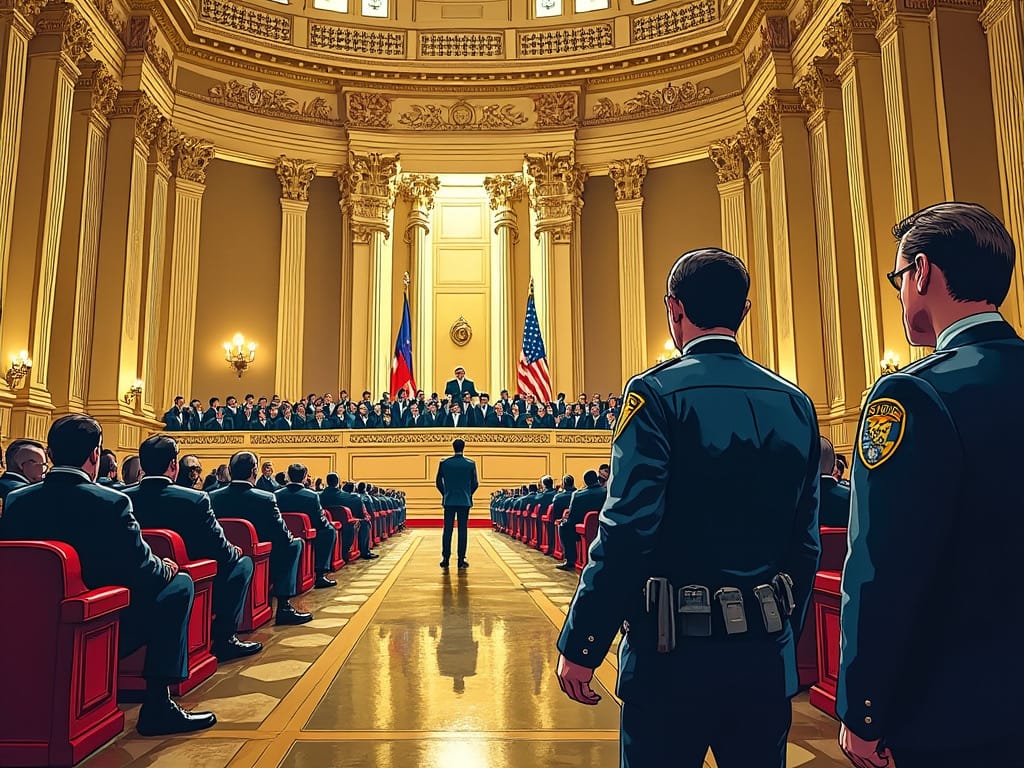As the impact of telegrams and tweets grows offline, nations are finally asserting their power over tech titans

Good morning from Washington, where Congress is back in session for the month. I recommend getting up to speed on the month issues from Daniel Schuman’s First Branch Forecast, which digs into governance issues that most publications don’t ever cover.
Alex here, with another civic text. Today, I get to share an accomplishment with you all. After I wrote about what the arrest of the Telegram founder tells us about the future of online platforms, the New York Times has now published an essay of mine digging further into that topic:
Three major events have shaken up the social-media world in the past two weeks. First, French authorities detained Pavel Durov, the iconoclastic billionaire behind the online platform Telegram. Then, a judge suspended the microblogging service X in Brazil. Soon after, a federal appeals court in Pennsylvania ruled that the mother of a 10-year-old child who died copying a TikTok self-asphyxiation video can sue the service, circumventing a blanket legal immunity the company has long claimed.
While each of these events took place in a different country with its own laws, together they demonstrate a sudden shift in the balance of power between governments and technology companies. We are nearer to the end of impunity for tech titans who have evaded accountability for the offline harms and societal disruptions wrought by the platforms that built their fabulous wealth.
You can read the rest online, at this handy gift link. Comments welcome, as ever.
Tonight, it’s presential debate night, again. Will you be watching? If so, how? What will you be watching for? Let me know.
If not, I’ll keep an eye out for signal moments and text with you about them. It could be the most important debate in our history, but I’m not expecting oratory like Lincoln and Douglass delivered.
No one knows what’s going to happen, though past debates and the character of former President Trump suggest he might nit handle questioning well. We might see a career prosecutor who’s already made history finally make a public case for why a corrupt businessman turned demagogue is manifestly unfit to ever hold power again. We might see Trump try to steamroll over the moderators and the Vice President, like 2020.
The biggest unknown is whether the moderators ask tough questions about corruption, covert influence, and constitutional violations that are remotely equal to the moment for American democracy. Denial is not just a river in Egypt. I‘m less optimistic than I’d like, but I enjoy being surprised.
As always, thank you for reading, subscribing, and sharing.



